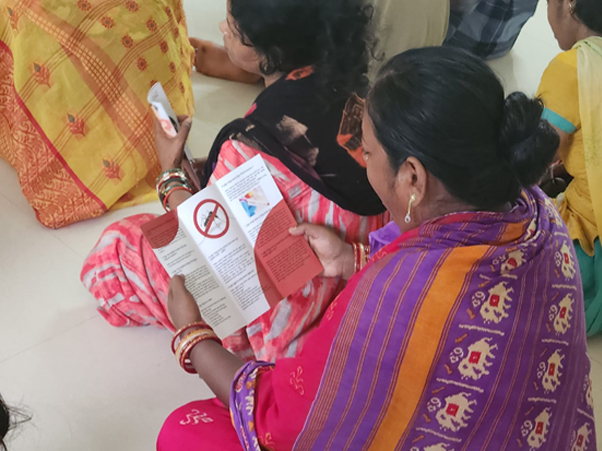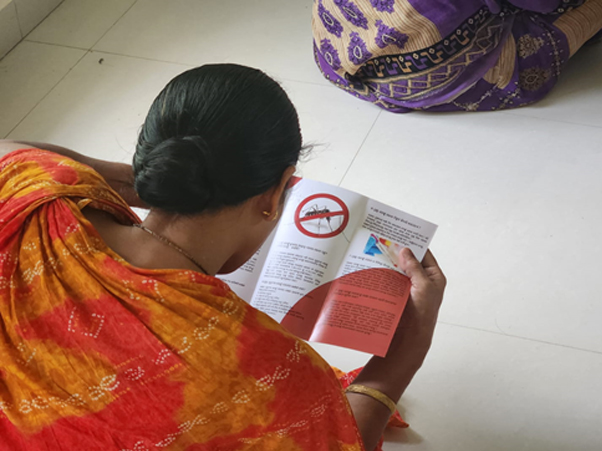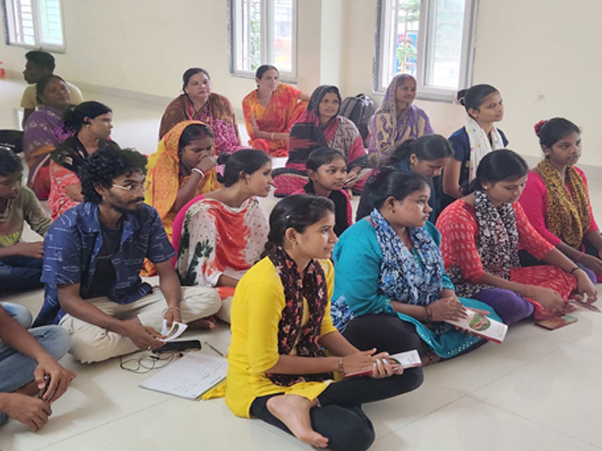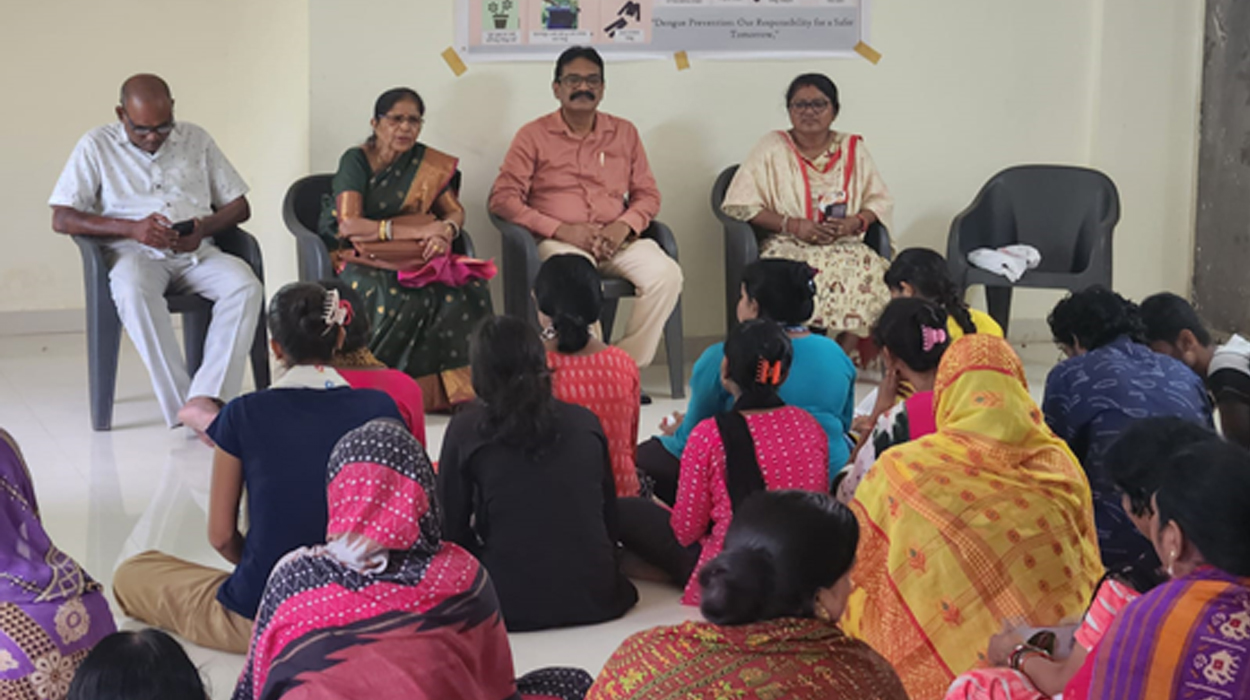Dengue Awareness Campaign
Dengue, a vector-borne disease caused by four serologically related viruses, is a major infectious disease threat to health. Over the past two decades, there has been a tenfold increase in reported cases, and even this figure is likely an underestimate. It is the only infectious disease for which annual mortality rises (80% of infections are asymptomatic or produce mild febrile illness but the case fatality rate increases during outbreaks). Rightly so, WHO has classified dengue as a grade 3 emergency (i.e., requiring a major to maximal WHO response).
2024 is the worst year for dengue cases on record. As of July 23, over 10 million dengue cases have been reported from 176 countries across all WHO regions.
June was declared Dengue Awareness Month since 1998 to highlight how prevention and control of dengue would require collaborative efforts among national and local government agencies and private NGOs.
Dengue fever is a viral illness transmitted primarily by Aedes mosquitoes, particularly Aedes aegypti. It is prevalent in tropical and subtropical regions, including parts of South and Southeast Asia, Africa, the Americas, and the Pacific Islands. As a coastal State, Odisha is an endemic state of Dengue fever.
But we can Control Dengue by controlling breeding sites. Individuals may take control of their health and help make their neighbourhood and themselves safer by increasing awareness. We can greatly lessen the effects of dengue and create healthier communities by working together, spreading awareness, and taking action.
On September 23rd, 2024, SAIHP organized a Dengue Awareness Campaign in Buddha Vihar rehabilitated slum supported by ICMR-RMRCBB and CSNR. The event was attended by distinguished guests, including Prof. Amrita Lenka, Director of SAIHP, Dr. Dasrathi Das, Executive Director of SAIHP, Ms. Milinda Mishra, Scientist at ICMR-RMRCBB and Executive Body Member of SAIHP, and Dr Pragnya, Program Manager at CSNR. We distributed brochures regarding dengue prevention, symptoms and treatment methods.
The campaign focused on educating the public about dengue prevention and control through informative talks and interactive workshops. Attendees learned about effective prevention strategies, the current dengue situation, and the importance of community involvement. Overall, the campaign successfully fostered awareness and collaboration among health organizations, empowering participants to protect themselves and their families from dengue.





